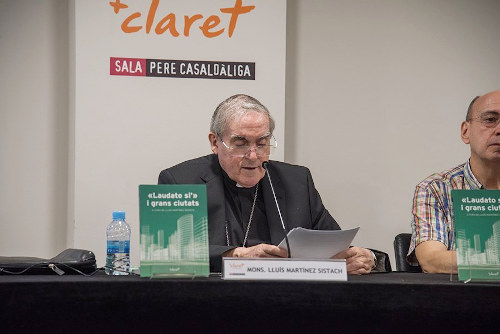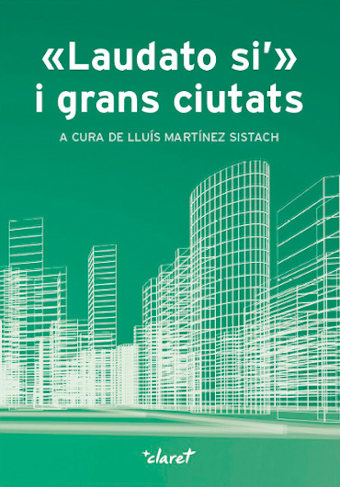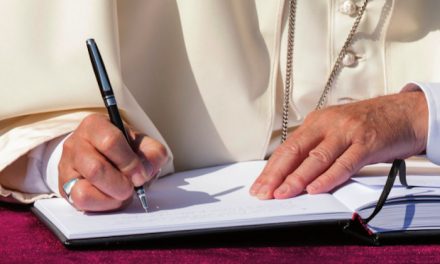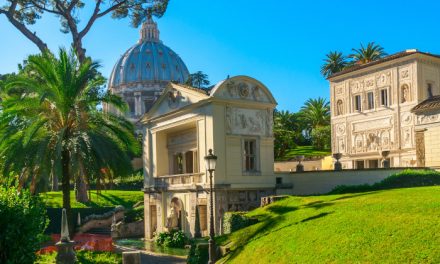
Lluís Martínez Sistach
Lluís Martínez Sistach, cardinal archbishop emeritus of Barcelona, president of the Antoni Gaudí Foundation for Large Cities and honorary academician of the Royal European Academy of Doctors-Barcelona 1914 (RAED), presented last September 18 at the Pere Casaldàliga Hall of Claret Bookstore in Barcelona, the Catalan edition of the book “Laudato Sí i Grans Ciutats” (Laudato Sí and big cities), which includes the papers presented at the second congress of the foundation in Rio de Janeiro in July 2017 dedicated to the papal encyclical on the care of environment and that he himself has coordinated.
“This book is like a grain of sand, but it can help fight climate change”, the cardinal said in the presentation. Together with Martínez Sistach, Joan Grimalt, a doctor in Chemical Sciences from the Autonomous University of Barcelona and a research professor at the Spanish Higher Center for Scientific Research participated. “Pope Francis’ encyclical on ecology is an extremely useful step to solve some problems that affect all humanity today”, he said.
 The archbishop emeritus of Barcelona explained that the publication in Catalan of this work -until now it had been published in Spanish and in Italian and the edition in Portuguese is prepared- has a double purpose: to sensitize us of the gravity of present and future about three great ecological issues -air, water and waste- making us reflect on how we can contribute to putting solutions to this problem and an ethical purpose into practice, since it’s necessary for humanity to become more aware of its moral responsibility, both in need not to aggravate the problem of abuse of our planet as in the fact of contributing with personal and collective responsibility to the solution of ecological problems.
The archbishop emeritus of Barcelona explained that the publication in Catalan of this work -until now it had been published in Spanish and in Italian and the edition in Portuguese is prepared- has a double purpose: to sensitize us of the gravity of present and future about three great ecological issues -air, water and waste- making us reflect on how we can contribute to putting solutions to this problem and an ethical purpose into practice, since it’s necessary for humanity to become more aware of its moral responsibility, both in need not to aggravate the problem of abuse of our planet as in the fact of contributing with personal and collective responsibility to the solution of ecological problems.
Martínez Sistach pointed out that, as the encyclical remarks, there is a close link between ecological problems and social problems, between the suffering we inflict on our planet and the sufferings of the poor. “Ecology is a fundamental moral problem. We currently have enough technology to guarantee drinking water to the entire world population and it’s also urgent to reduce air pollution and work for selective collection and recycling”.
The cardinal also highlighted the message, signed in handwriting, sent by Pope Francis to the congress in Rio de Janeiro, in which he deals with the three R. In the first place, he speaks of respect towards creation and affirms that “it’s everyone’s duty to create in society a conscience of respect for our environment”. The second R is dedicated to responsibility for the serious decrease in air quality or in the production of waste that isn’t properly treated, indicating that “we prove a great indifference to our common home and unfortunately to our tragedies and needs that strike our brothers and sisters”. The third R speaks of relationship, in reference to the growing lack of interpersonal relationship, much needed in large cities.




